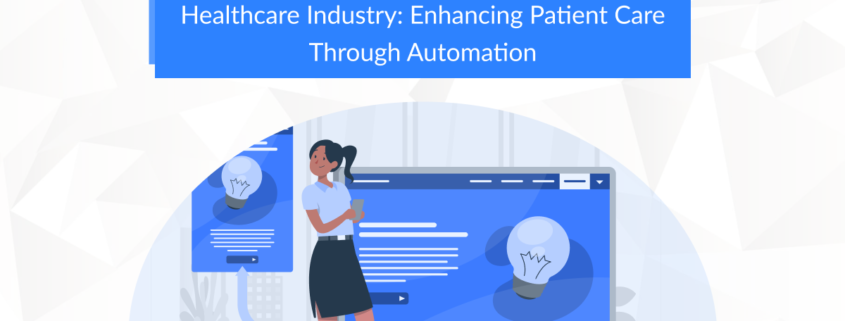Healthcare Industry: Enhancing Patient Care Through Automation
Introduction: The healthcare industry is under immense pressure to improve patient care while managing costs and ensuring regulatory compliance. Automation using Microsoft Power Platform provides healthcare providers with the tools to streamline workflows, ensure patient data accuracy, and improve service delivery.
Challenges in Healthcare:
- Slow patient information management
- Inefficient appointment scheduling and patient check-ins
- High administrative burden on medical staff
- Regulatory compliance issues, such as HIPAA
How Power Platform Helps:
- Power Apps: Automating patient registration and data collection, creating custom patient intake apps for easy access to information.
- Power Automate: Streamlining workflows like appointment scheduling, patient reminders, and prescription renewals, saving time and reducing human error.
- Power BI: Real-time analytics to monitor patient health metrics, operational performance, and regulatory compliance.
- Power Virtual Agents: Chatbots to answer patient queries, book appointments, and provide pre-visit guidance.
Example Case Study: A hospital chain used PowerApps to streamline patient check-in processes, reducing the time spent on registration by 60%. They also implemented Power BI dashboards to monitor patient health trends, improving patient care outcomes.
The Benefits of Automation in Healthcare:
- Increased efficiency in administrative tasks
- Improved patient care quality through data-driven insights
- Streamlined regulatory compliance tracking
- Reduced operational costs through automation of repetitive tasks
Conclusion: With the healthcare industry increasingly moving towards digital transformation, Microsoft Power Platform provides valuable tools to automate workflows, improve patient outcomes, and ensure efficient operations. By leveraging Power Platform, healthcare providers can ensure better patient care, lower operational costs, and improved regulatory compliance.
